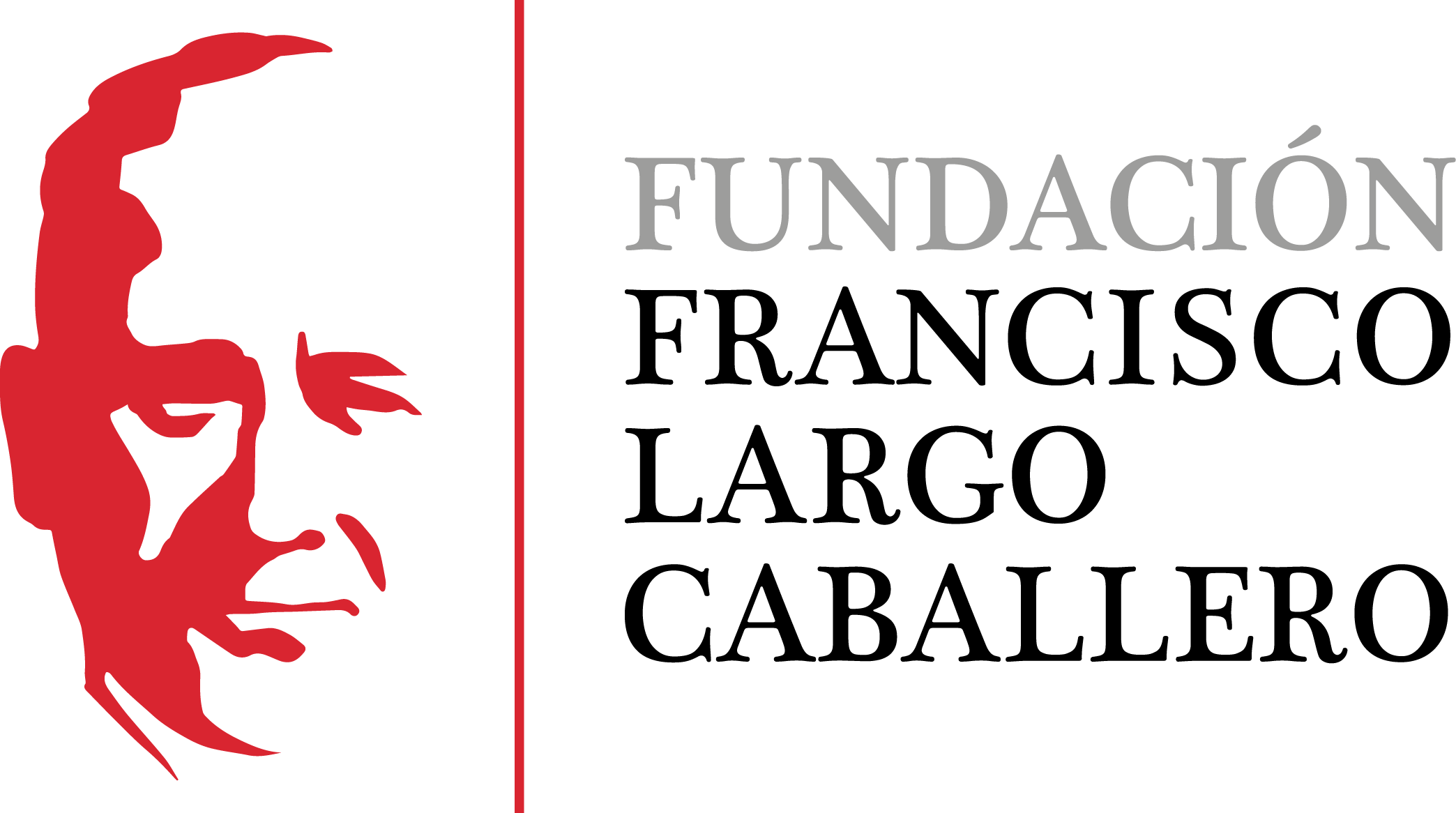Ciudadanía y democracia en el mundo rural manchego (1977-1979)
DOI:
https://doi.org/10.69791/rahc.138Palabras clave:
Ciudadanía, transición democrática, ciudadanía social, mundo rural, democratizaciónResumen
El concepto de ciudadanía adquiere pleno significado cuando el conjunto de obligaciones y derechos reconocidos a los individuos se sustancian en su dimensión práctica. En este artículo se intenta demostrar cómo la iniciativa reformista sobre la transición estuvo unida a un debilitamiento de la movilización que pudieran articular ciudadanos u organizaciones de la oposición. Actitudes que pretendían situar la intervención de la ciudadanía en el proceso en su dimensión pasiva. Posteriormente, el nuevo marco institucional nacido del proceso transicional favoreció un modelo representativo que redujo la dimensión activa de la ciudadanía al sufragio periódico casi como única base de representatividad. Un proceso en el que los partidos y sindicatos de izquierda cumplieron una función importante.
Descargas
Estadísticas globales ℹ️
|
119
Visualizaciones
|
32
Descargas
|
|
151
Total
|
|
Descargas
Publicado
Cómo citar
Número
Sección
Licencia
Derechos de autor 2013 Damián A. González Madrid

Esta obra está bajo una licencia internacional Creative Commons Atribución 4.0.
Alcores es una revista de acceso abierto. Facilita el acceso sin restricciones a sus contenidos desde el momento de su publicación. Respetamos los derechos de propiedad intelectual y, por ese motivo, el autor conserva los derechos de autor. Todos los contenidos se distribuyen bajo una licencia de uso y distribución Creative Commons Reconocimiento 4.0 Internacional (CC BY 4.0). Las condiciones de la licencia se pueden consultar en https://creativecommons.org/licenses/by/4.0/
Con esta licencia se permite compartir (copiar y redistribuir el material en cualquier medio o formato) y adaptar (remezclar, transformar y crear a partir del material para cualquier finalidad), siempre que se reconozca la autoría y la primera publicación en esta revista, se proporcione un enlace a la licencia y se indique si se han realizado cambios.
Este tipo de licencia facilita la libertad de reutilización y asegura que los contenidos de esta revista puedan ser utilizados para las necesidades de investigación.









